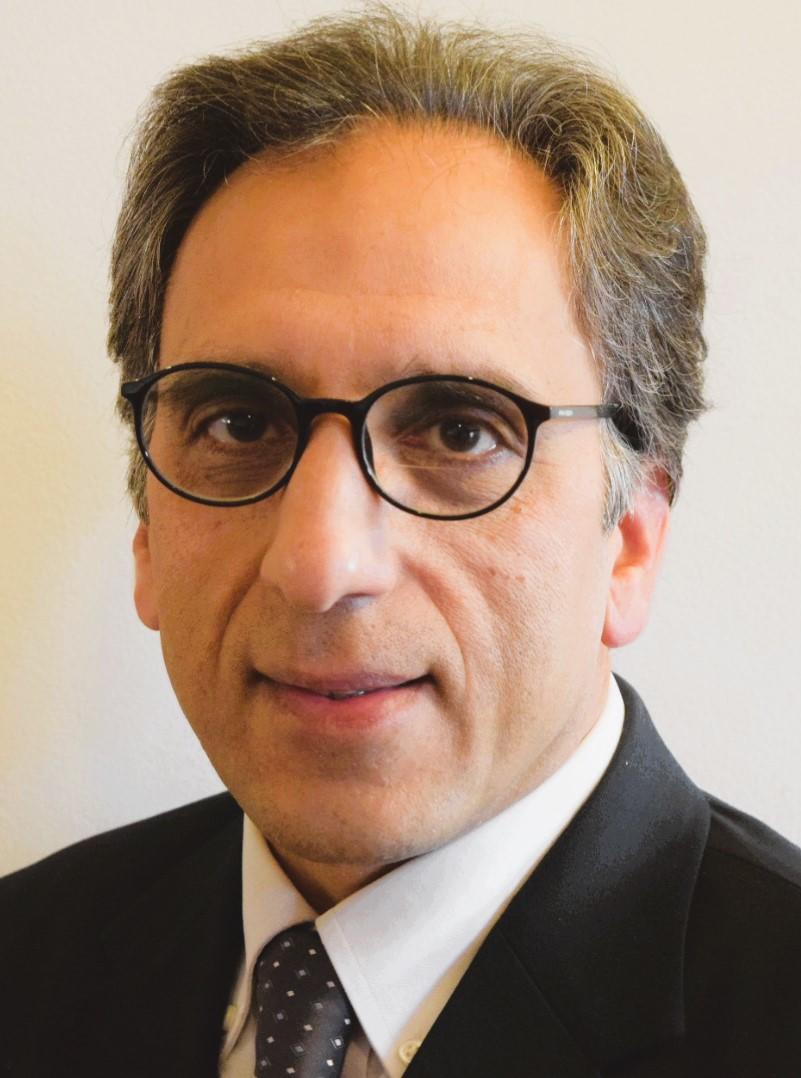
Mehdi Mesri, M. Med. Sci., Ph.D.
Dr. Mesri coordinates activities of several cancer working groups in the Office of Cancer Clinical Proteomics Research (OCCPR), including the Clinical Proteomic Tumor Analysis Consortium (CPTAC). In this role, he provides oversight and contributes to the aims and directions of disease groups. Dr. Mesri also provides leadership in integrating emerging technologies for the development of cancer protein diagnostics and therapeutics. These include management and dissemination of targeted proteomic assays. He coordinates activities with NCI's Small Business Innovation Research (SBIR) Office and manages OCCPR proteomics investigator grants.
Dr. Mesri joined DCTD’s OCCPR in 2007 as a Program Director. Prior to coming to the NCI, Dr. Mesri served as a principal scientist/projects leader in the Department of Protein Therapeutics at Celera. There, he used mass spectrometry technologies to discover and validate biologic antibody targets in oncology, including prostate cancer, lung cancer, and angiogenesis. Before that, Dr. Mesri was a project leader at CuraGen Corporation, where he investigated genomically-derived high value protein drugs and fully human monoclonal antibody targets for cancer and immunology/inflammation programs, among other responsibilities. Dr. Mesri was a post-doctoral fellow and then a research scientist at Yale University School of Medicine in the laboratory of Dr. Dario Altieri, where he spent 5 years studying adhesion molecules. He later studied therapeutic targeting of the Survivin pathway in cancer gene therapy.
Education
- Ph.D., Immunology, The University of Aberdeen, Aberdeen, UK.
- M. Med. Sci., Clinical Pathology, The University of Sheffield, Sheffield, UK.
- BSc., Biomedical Sciences, The University of Bradford, Bradford, UK.